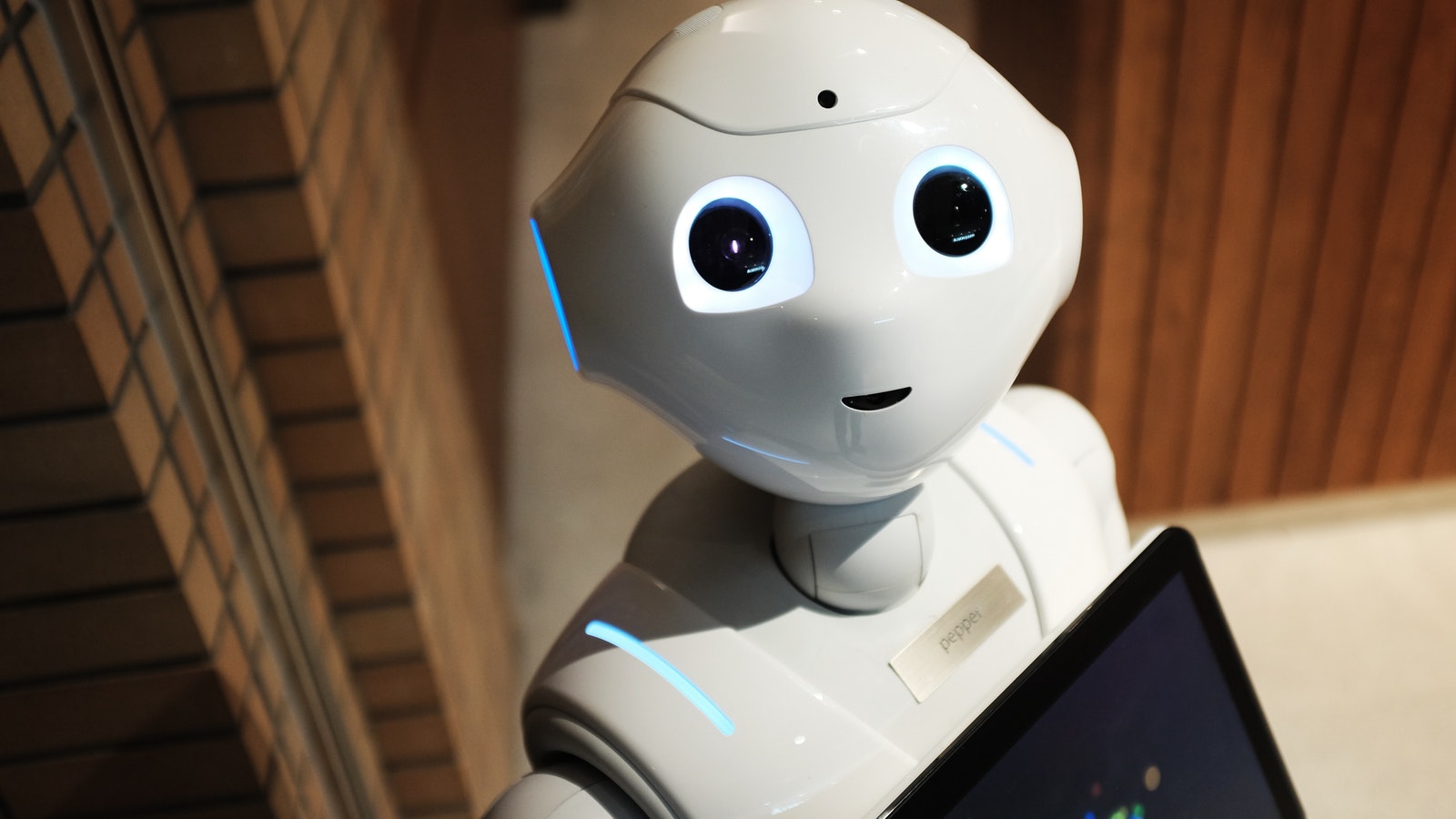A robot tax might sound confusing at first, and it may inspire significant opposition because taxing technology discourages investment. But the founder of Microsoft laid out his case in an interview with Quartz magazine, explaining at length why taxing the robot that is bound to take your job is good public policy.
The coming robo-disruption
We live in a world of increasing mechanization. In the past couple of months, if you’ve been to CVS or McDonald’s, it’s likely you’ve rung up your own merchandise or food with the help of a robo-register. In the same way, robotic advancements are reducing the need for labor in so many industries that we’re seeing millions of jobs go the way of the dodo — extinct.
Over the course of time, technological disruptions that eliminate the need for human labor are going to cause mass unemployment. This is precisely why Gates believes robots should be taxed. The proceeds of the robot tax will go to fund employment growth in areas where robots cannot replace actual humans, such as education.
If we don’t “manage the disruption,” as Gates calls the coming robotic revolution, the social fabric of our society could be severely damaged. Legions of unemployed people who found themselves laid off because of mechanization could present a major challenge for societal stability.
While taxing robots may sound like a novel idea, it’s actually already been floated unsuccessfully in Europe.
Expanded role of government
Limited government advocates may balk at the idea of taxing robots and redirecting those funds to social programs. Gates argues that the robo-disruption is already becoming a problem, and that government has a role to play in solving growing inequality. Without government intervention, excess labor and mass unemployment will become the norm in the near future.
Gates also points out that if we don’t “manage the disruption,” people will come to fear innovation. If we come to be skeptical of technological advancement because of its job-killing tendencies, our politics may embrace banning mechanization.
Get ahead of the curve
Gates is one of the most forward-thinking people alive today, and that’s why he’s advocating a tax on robots. Ideologically, it may be a bit uncomfortable to put more money in the hands of the spendthrift government’s coffers. On the other hand, if we don’t properly manage the coming robo-disruption, it’s not going to be an easy transition for anyone in the United States and around the world.
The bottom line is that technological advances increase wealth gaps, and governments need to address growing inequality and job losses due to mechanization. Sound public policy would help harness technologically driven economic prosperity while minimizing societal pain that stems from the robo-disruption.
Have something to add to this story? Comment below or join the discussion on Facebook.
Header image: Shutterstock









































